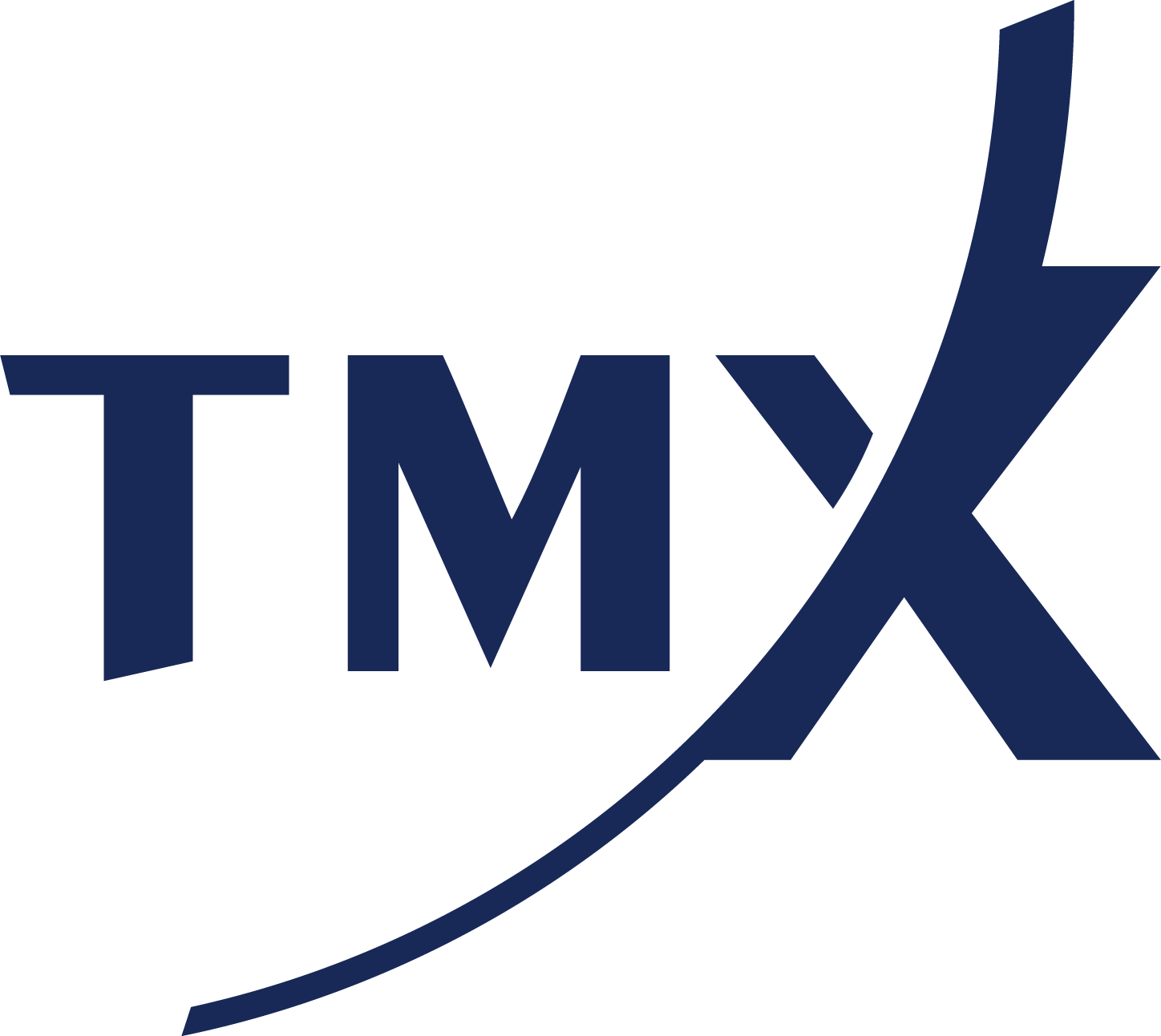11 Top Tips: Hosting Effective IR Virtual Earnings Calls
- Melissa Strle

- Oct 24, 2023
- 5 min read
Updated: Apr 9, 2024

On August 30 2021, Zoom Video Communication's stock price plunged 17% following one of its earnings calls in Q2. The calls announcements of strong earnings and revenue of $1.02 billion, up 54% year-over-year, was tempered with the announcement of a slow growth forecast ahead. After the height of the COVID-19 pandemic, the demand for video conferencing tools was diminishing as in-person meetings resumed.
As an investor relations (IR) professional, you must ensure that communication during earnings calls is clear and accurate.
Also, you must bolster investor confidence, manage investor expectations and positively influence market perceptions under ethical guidelines and regulatory standards.
Hosting a virtual earnings call comes with its own unique set of challenges that you and other IR professionals must navigate for success.
11 Tips for IR Pros to Host Virtual Earnings Calls
As a dedicated IR pro, it is important for you to concentrate on best IR practices like detailed disclosure and clear communication. This is important for your earnings calls and your earnings press releases.
Use the following tips to ensure your virtual earnings calls are successful.
Promote Your Earnings Calls
Ensure you let investors, analysts, shareholders, media, regulators and other stakeholders know the date and time of your virtual earnings call.
Pre-Call Announcements:
Use various channels such as email, social media and your corporate website, to help ensure maximum awareness and attendance.
Reminder Alerts:
Send a few reminders about the call to all stakeholders. In turn, this will help boost attendance.
Social Media Archived Version of Earnings Call:
After your earnings calls, you can share links of archived videos or audios on social media. Tesla provides an audio of its Q3 2023 earnings call on X below.
Technically Prepare for Earnings Calls
Consider the following points about your conference platform and technology.
Strong Platform:
Choose a reliable webcasting or conference platform. Look for recommendations on its stability and ease of use.
Dry Runs:
Conduct multiple test runs of your earnings call. This helps familiarize your team with the platform and work out technical issues.
Backup Plans:
Have a phone line or second conference platform ready to use, in case you experience technical issues. Also, line up some technical support that is available and on-standby during the earnings call.
Have a phone line or second conference platform ready to use, in case you experience technical issues. Also, line up some technical support that is available and on-standby during the earnings call.
Consider Audience Accessibility & Inclusivity
Consider following the "Social" pillar of Environmental, Social, and Governance (ESG) by making your earnings calls inclusive and accessible for all.
Time Zone Consideration:
Analyze records to see where most of your company's key investors are located. Then, schedule the call at a time that accommodates most of your key investors.
Offer translation or interpretation services for global investors that speak in different languages.
Accessibility Features:
A user friendly and widely accessible platform will go a long way. For example, offer features like closed captioning for those with hearing impairments.
Utilize Security in Your Earnings Calls
Safety and security are important factors for you to consider regarding your earnings call.
Prevent a Virtual Earnings Call Disruption:
Ensure your platform has security measures that prevent unauthorized access or disruptions from uninvited guests.
Confidentiality:
If you decide to share any confidential pre-call materials with your team over your platform, ensure you use secure channels. Furthermore, make sure that all of the information that is shared during the earnings call is intended for the public and adheres to regulatory compliance.
Use Engaging & Concise Content
Engaging and concise content will make your earnings call more successful.
Visual Aids:
Use slides, graphics, or videos to emphasize key points.
Clear Agenda:
Provide an outline of the call's content at the very beginning. Attendees will appreciate knowing what to expect. In addition, this helps make your call more straightforward and easier to follow.

Practice Effective Communication
Effective communication during your call can build stakeholder trust, clarify financial health, set expectations and support healthy stock price movements.
Concise Messaging:
Try to structure your thoughts ahead of time, stay on topic and avoid jargon and complex terms.
Training:
Prepare & practice, keep a good pace for timing, decide on your call's duration and use voice modulation techniques like stressing important words and using pauses.
Detailed Disclosures:
Ensure you are transparent about both your company's achievements and challenges. Implementing honest disclosures builds stakeholder trust.
Consistent Messaging:
Your communication should mainly align with previous and future messaging.
Hold Interactive Q&A Sessions & Promote Audience Engagement
Directly engaging with your listeners provides a more effective two-way communication channel.
Q&A Tools:
Use either a moderated Q&A tool built into your platform, or a personal moderator, to field questions. These tools can also filter out duplicate questions and off-topic inquiries and prioritize questions.
Prepared Responses:
Try to anticipate potential tough questions ahead of time and prepare your own thoughtful responses in advance.
Polls & Surveys:
Including interactive elements like polls or surveys into your call, helps to keep listeners engaged and provides real-time insight into call sentiment.
Handle Regulatory Compliance for Earnings Calls
Legally safeguard your company by engaging in the following rules of regulatory compliance during an earnings call.
Forward-Looking Statements:
Typically, you should provide a disclaimer about future-looking projections or performance at the start of the call. These projections can differ from actual results and the disclaimer serves as a protection against possible legal liabilities.
Fair Disclosure:
All the information presented during your call should be truthful and accurate. Avoid downplaying, misleading, or untruthful or false information. Also, provide public disclosure about any material, non-public information discussed during your call.
Equal Access:
All stakeholders, including institutional investors and retail investors, should have equal access to your call. After, provide an archive video recording or written transcript of the call on your corporate website.
Consistency with CSE & SEC Filings:
Ensure that all information provided during the call is consistent with what your company files with the CSE in Canada or SEC in the U.S. For example, information presented in your annual report or Form 10-K should be the same as what is presented in your call. Also, ensure you stay on top of new form changes like the SEC's new Form N-PX rules.
Adopt Post-Call Communication
While it's easy to move on to other tasks after your earnings call, try to adopt the following post-call communications.
Follow-ups:
Send out a thank-you email summarizing key points discussed.
Record and Share:
Share any relevant materials, along with a video recording or written transcript of your call.
Address Unanswered Questions:
Answer any questions that couldn't be addressed during the call.
Survey and Feedback:
Provide a feedback channel after your call. This valuable information will help you re-structure future calls for improvement.
Stay Updated
Staying updated with the latest earnings call trends will ensure that you are an effective IR pro with cutting edge skills in the investor relations industry.
Platform Updates:
Regularly check in with your IT department or platform provider to keep abreast of any new platform features or changes.
Earnings Call Trends:
Increasing engagement with retail investors, increasing discussions of Environmental, Social, and Governance (ESG) factors like climate and more interactive call formats are some of the ways that earnings calls have changed over time.
Utilize Analytics
Earnings call analytics provide valuable insights.
Engagement Analysis:
See which sections were most engaging or need improvement.
Adjust Your Strategy:
Place information that listeners engage with more at the beginning of your conference call. Also, provide a clear call format up front so that listeners will know exactly what will be discussed.
Practicing the 11 tips for IR pros will ensure that you have effective virtual earnings calls. In fact, your calls will be engaging, informative and provide value to all stakeholders.





